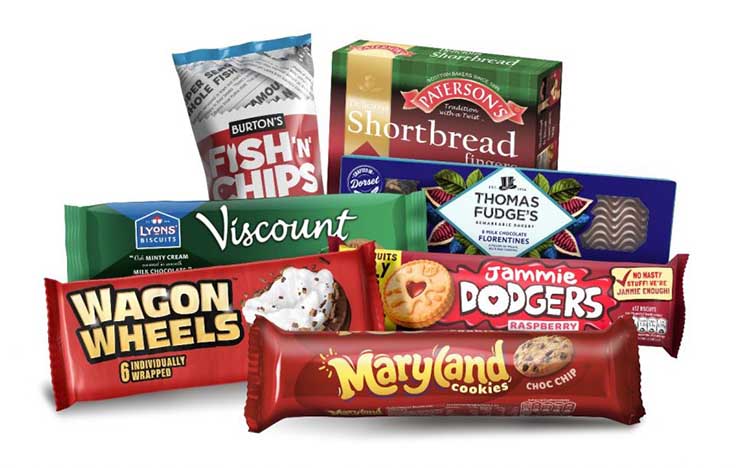No risk it, no biscuit

Today’s news of Ferrero’s acquisition of UK biscuit maker Burtons, sums up the state of corporate activity at present.
I’ll hand over to Mark Lynch, partner at corporate finance house, Oghma Partners, who said the acquisition of Burtons makes sense in terms of strengthening the existing UK operations by combining together Burtons and the, earlier purchased, Fox’s.
“It provides greater scale, product breadth and potential savings in back office, manufacturing and marketing,” is one of Lynch’s conclusions.
Burtons lacked a premium biscuit offer and Fox’s provides that while, arguably the Fox’s assets bought by Ferrero lacked value brands like Jammie Dodgers as well as super premium products like those made by Thomas Fudges.
Ferrero cements its UK presence and offers stronger competition to pladis.
In addition a low interest rate environment make this an attractive time to engage in acquisition opportunities.
The latest highlights from UK Food and Beverage Sector M&A report from corporate finance house, Oghma Partners, make this latter point clear too.
It shows that UK Food and Beverage M&A market activity was back with a vengeance in the first four months of 2021.
This certainly matches the many releases hitting my inbox around mergers, acquisitions and the talk thereof.
Total deal volume for the period amounted to 31 transactions which represents an 106.7 per cent increase from the same period in 2020, according to Oghma. Why?
Deal volume – at its highest level for a T1 period since 2017 (36 completed transactions) – was propelled by fears of an increase in capital gains tax which was rumoured to be included in the Government’s annual Budget in March.
Deal value for T1 2021 also experienced a significant recovery with total estimated deal value for the period of c. £1,950.0m. Interestingly deal activity from overseas buyers was particularly high, accounting for 37.9% of total deal volume for the period.
Two subsectors within the UK F&B industry that were particularly active were direct-to-consumer and plant-based/healthy eating. Deals involving D2C businesses accounted for c. 16.0% of total deal volume and those involving plant-based/healthy eating products accounted for c. 19.0%.
A striking investment to note is Kraft Heinz’s backing of the UK with £140 million investment.
Mark Lynch summed it up perfectly when he said the announcement is a “vote of confidence” in what is currently Heinz’s largest manufacturing hub in Europe. It highlights that for bigger manufacturers of long shelf life products, the UK still has a place in pan European food supply chains and remains an important core market.
As Oghma points out the investment also highlights the perceived benefits of “concentrating manufacturing in global or regional centres of excellence where expertise in one place and the benefits that scale brings dropping through to gross margins.”
Buying activity is back and it’s making interesting watching.
- Rodney Jack, editor, Food & Drink Technology.
Keep in touch via email: rodney@bellpublishing.com
Twitter: @foodanddrinktec or LinkedIn: Food & Drink Technology magazine.



